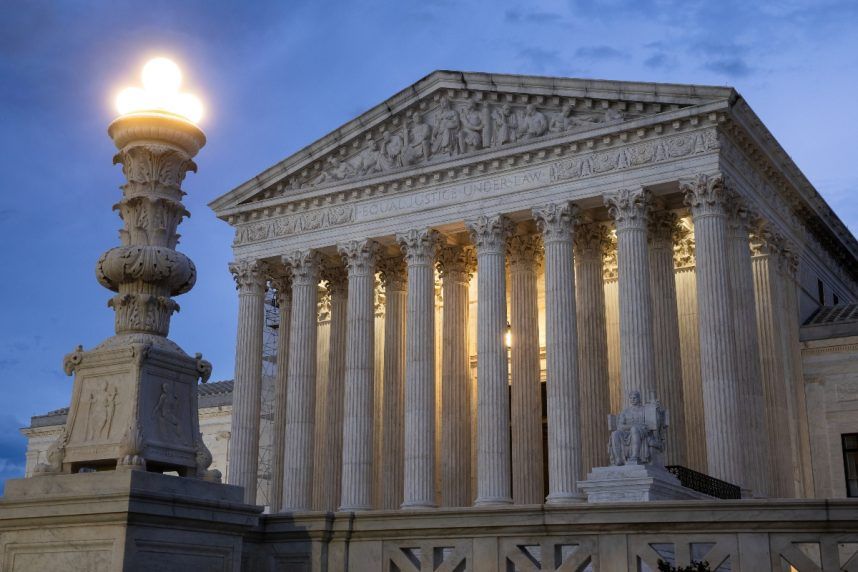Congress, SCOTUS Action Needed for Prediction Markets Clarity
Posted on: September 15, 2025, 08:16h.
Last updated on: January 6, 2026, 09:06h.
- Legal expert says Congress or the Supreme Court may need to act to bring clarity to prediction markets debate
- An alternative is states issuing uniform rulings
- Clarity could benefit gaming companies over yes/no exchanges
It could take congressional action, a ruling by the Supreme Court, or states issuing uniform rules to bring certainty to the various legal challenges involving prediction markets.

Daniel Wallach, an expert in sports betting law and founder of Wallach Legal, LLC, made comments to that effect on a Monday call with Jefferies analysts David Katz and James Wheatcroft. Primary topics of discussion included Kalshi’s various state-level legal tussles and how those cases could potentially be resolved.
Our expert (Wallach) noted that the main legal issue of Prediction Markets is the interpretation of Congress’ intent in creating the Commodities Futures Trading Commission (CFTC) and the Commodity Exchange Act (CEA) and the definition of a swap,” wrote Katz in a report out this evening. “The CEA defines a swap as having “potential commercial economic consequence”, which under a broad interpretation, could theoretically include sports events, and therefore favors Kalshi.”
Kalshi and other prediction market operators are regulated at the federal level by the CFTC. Some critics assert Kalshi is exploiting what amounts to be a legal loophole to offer yes/no sports event contracts that are essentially sports wagers in all 50 states. For its part, Kalshi says it’s not a sportsbook and that federal preemption allows it to offer those derivatives across the country.
Resolution Could Take Awhile, Uncertainty Favors Kalshi
Clarity, which would be preferred by gaming companies such as DraftKings (NASDAQ: DKNG) and FanDuel owner Flutter Entertainment (NYSE: FLUT), could be a sourced by Congress passing legislation that says sports event contracts are or are not included in the definition of swaps, a related case making its way to the Supreme Court, or states that have taken up the matter issuing similar rulings.
Katz points out that Wallach doesn’t expect those scenarios to emerge over the next year. That line of thinking of is plausible because it can take years for cases to reach the Supreme Court and because Congress doesn’t appear willing to deal with the prediction markets issue.
DraftKings, FanDuel, and other sportsbook operators want the overhang removed because that situation paves the way for gaming companies to assess their next moves.
“To this point, were sports events to be legalized swaps, DKNG and FLUT could enter the market productively vs. disrupter Kalshi, and if sports events were prohibited, DKNG and FLUT would continue as is,” observes Katz.
California, Massachusetts Biggest Problems for Kalshi
Kalshi is dealing with litigation in multiple states, but Wallach said on the Jefferies call that California and Massachusetts loom largest for the prediction markets firm. In Massachusetts, Kalshi is a defendant in a case brought by Attorney General Joy Campbell (D).
Earlier today, Massachusetts Superior Court Judge Christopher K. Barry-Smith issued an order to schedule a hearing for Sept. 22 to potentially rule on a motion by Campbell to bring a preliminary injunction against Kalshi.
In California, Kalshi has roiled tribal gaming entities, which have exclusivity compacts with the state. California tribal casino operators also hold all the cards when it comes to sports wagering there, meaning courts could side with them if they pursue injunctions against prediction market firms.
No comments yet